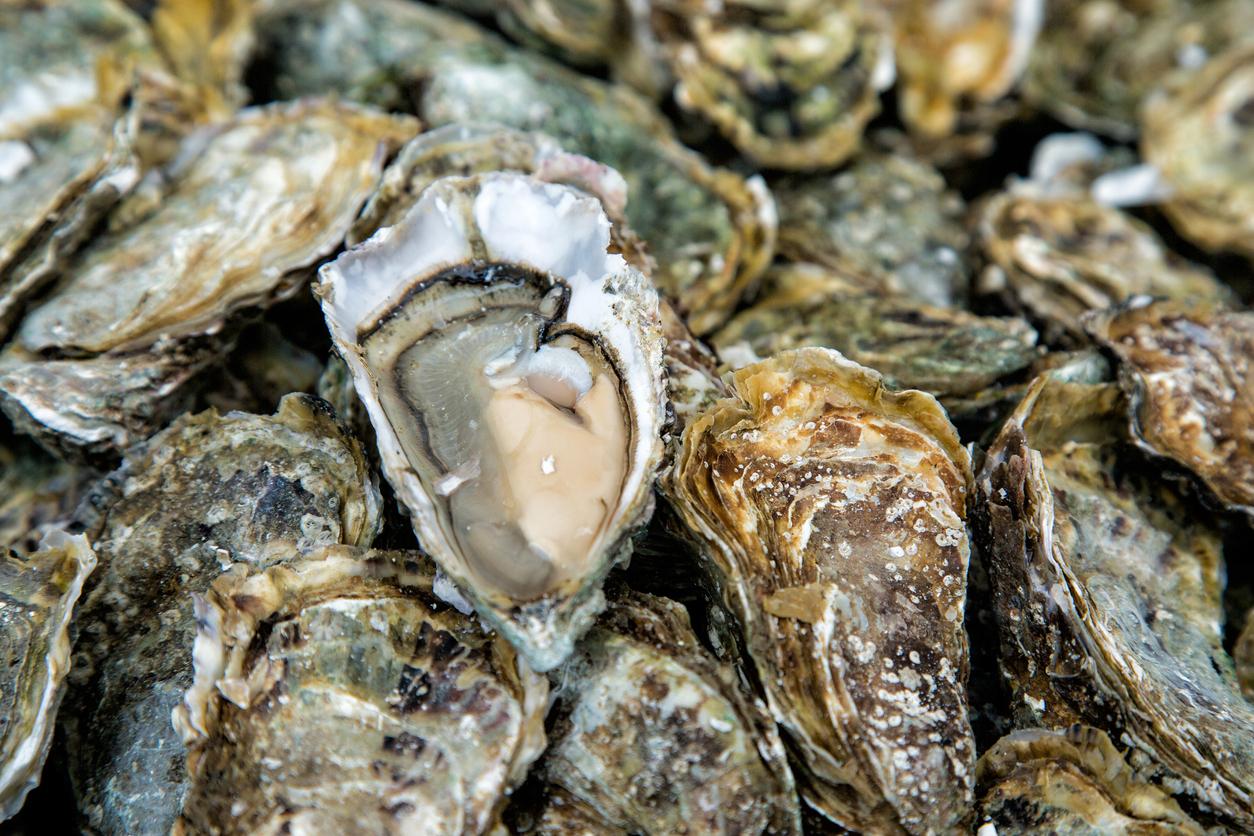A new study reveals that a protein called Snail may be essential for healing brain injuries.

- Researchers have shed light on the key role of the Snail protein in coordinating the response of brain cells after injury.
- A high level of this protein promotes healing of the brain injury and prevents further damage.
- This discovery could pave the way for better treatment of strokes, brain injuries as well as neurodegenerative diseases such as multiple sclerosis.
A new study led by the George Washington University School of Medicine and Health Sciences finds that the protein Snail plays a key role in healing brain injuries. Researchers have noticed that this protein coordinates the response of brain cells after a head injury.
This discovery was the subject of an article published in Proceedings of tea National Academy of Sciences Nexus on October 12, 2023.
Brain injury: Snail protein promotes healing
By studying head-injured mice, the research team discovered that after injury to the central nervous system, a group of microglial cells begins to produce the protein Snail. Scientists observed that when this molecule is produced in low quantities, inflammation and increased cell death were observed in the affected area. “During this process, the injury gets worse and does not improve and there are fewer connections or synapses between brain cells“, specify the authors in a communicated broadcast on December 11.
On the other hand, when the rates of Snail were elevated, brain damage improved. This suggests that this protein may help limit the spread of injury-induced damage.
“Our results reveal the complex ways in which the brain responds to injury”says lead author Dr. Robert Miller of the George Washington University School of Medicine and Health Sciences. “THE Snail appears to be a key player in coordinating these responses, opening promising possibilities for treatments that can minimize damage and improve recovery from neurological injuries.”

SEP and Snail: towards new ones treatments?
Indeed, the researchers suggest that their discovery could lead to the development of treatments to limit the damage caused by a stroke or other brain lesions. However, they point out that it could take years before such drugs are available to patients.
Furthermore, the team also plans to study the effect of protein regulation Snail in diseases such as multiple sclerosis. This neurological pathology damages myelin, the protective layer that insulates nerve fibers in the brain. If drugs targeting the protein Snail could be used to stop this damage, many future symptoms of this disease could be alleviated, scientists say.















